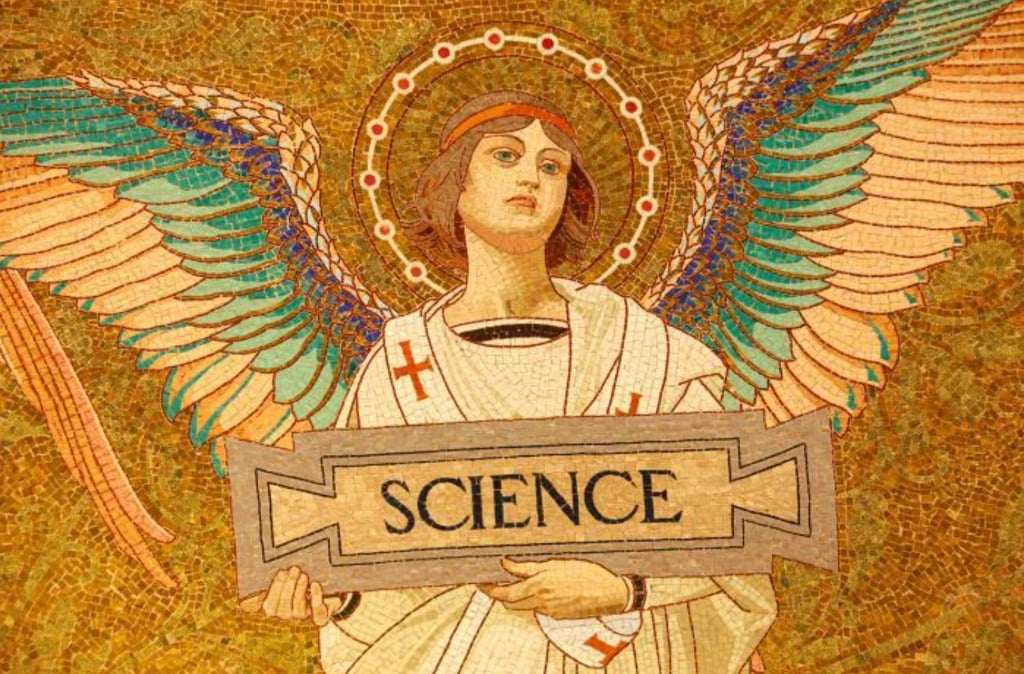When Science Can’t Replicate Truth: Why Philosophy—and God—Still Matter
The replication crisis reveals the limits of science as the final authority on truth. Discover how philosophy and faith together lead us beyond data to the ultimate source of truth—God Himself.
10/24/20252 min read


🚨 The Replication Crisis: When Data Fails
In recent years, the scientific world has faced a sobering reality: a significant number of studies cannot be replicated. This phenomenon, known as the replication crisis, has shaken confidence in fields ranging from psychology to medicine to social sciences. Studies once heralded as breakthroughs have proven unreliable, often due to small sample sizes, selective reporting, bias, and the pressure to publish novel results.
While this does not undermine the value of science, it reminds us that science is a method, not a final authority on truth. Scientific findings are provisional; they describe how the natural world works, but they cannot by themselves explain why the world exists or what it ultimately means.
📝 The Grievance Studies Affair: Ideology Over Evidence
Around the same time, philosophers and scholars Peter Boghossian, James Lindsay, and Helen Pluckrose exposed similar weaknesses in parts of academia with their famous Grievance Studies Affair (also called “Sokal Squared”).
They submitted intentionally absurd papers to peer-reviewed journals in fields like gender studies and cultural studies. Many were accepted, simply because they aligned with prevailing ideological narratives. This experiment revealed a troubling truth: in some scholarly fields, agreement with ideology can matter more than adherence to evidence or reason.
Both the replication crisis in science and the Grievance Studies Affair in humanities show that human knowledge is fallible. Data, experiments, and peer review can fail, and even the best-intentioned scholars are limited by perspective, bias, and human error.
💡 Philosophy: Seeking What Science Alone Cannot
If science can describe the mechanics of reality, it cannot answer the deeper “why” questions: Why is there order in the universe? Why do laws of nature exist? What gives life meaning and morality? These are the domain of philosophy.
Philosophy explores the foundations of reason, logic, and knowledge—the very tools science relies upon but cannot justify on its own. Science presupposes that the universe is orderly and that our minds are capable of understanding it. These assumptions are not discovered scientifically; they are grounded in philosophical reflection and, ultimately, in God.
🙏 Alvin Plantinga: Why Minds Need God
The philosopher Alvin Plantinga offers a powerful argument for why ultimate truth requires God. He notes that if our minds are solely the product of evolution, they have been shaped for survival, not for discovering truth. Evolution equips us to survive, reproduce, and respond to our environment—not necessarily to reason accurately about the cosmos or morality.
If our cognitive faculties were only shaped by natural selection, Plantinga argues, we could have no assurance that our beliefs are reliable, including beliefs in science or philosophy itself. Only a mind created and sustained by God can be trusted to form true and justified beliefs. In other words, truth is ultimately grounded in the divine mind, not merely in human observation, experiment, or ideological agreement.
🌍 Science, Philosophy, and God: A Unified Path to Truth
The replication crisis and the Grievance Studies Affair remind us that human knowledge alone is insufficient. Science observes the natural world; philosophy interprets its meaning; but only God provides a foundation for truth itself.
When we recognize this, we can approach science with humility, appreciate philosophy for guiding reason, and anchor our understanding of reality in God, the ultimate source of order, logic, and meaning. Without Him, our reasoning, even in science, is at risk of error or collapse. With Him, truth becomes stable, intelligible, and meaningful.
In the end, God is not merely a matter of faith—He is the very foundation that justifies our belief in truth, reason, and the intelligibility of the universe.